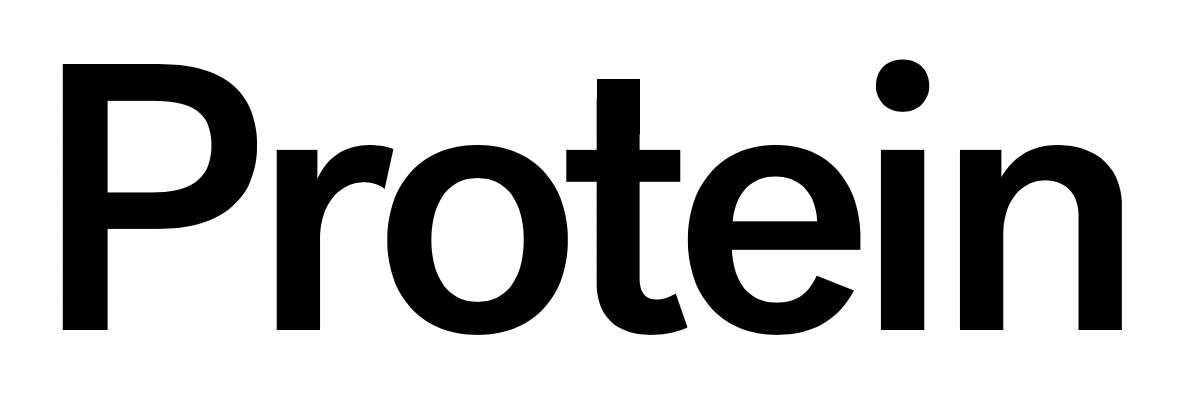International Criminal Court Finally Begins
Finally after years of obstructionism the International Criminal Court (ICC) gets under way with its first case Human rights Abuses…
Finally after years of obstructionism the International Criminal Court (ICC) gets under way with its first case Human rights Abuses in the Congo. If you have been watching the news you will have noticed several stories about countries signing treaties with the USA not to hold US citizens accountable in the ICC. For those of you wondering why the United States has been leaning on various 3rd world and developing countries not to sign up for the International Criminal Court treaty in order to scupper the ICC, read on ... INTRODUCTION The International Criminal Court (ICC), envisaged since the 1948 Genocide Conventions and formally described in the 1998 Rome Statute, is now a reality. Based on the model of universal human rights, the ICC was created from a recognition that states are often so decimated or intimidated by mass criminal acts that they are unable to respond with the enforcement of justice. Supporters of the ICC have crafted an international mechanism to hold individuals accountable for genocide, crimes against humanity, and war crimes when their national judicial system is either unable or unwilling to do so. Despite resistance from the United States, the Rome Statute has been ratified by the requisite number of states in half the time anticipated. Since the ICC came into effect in July 2002, the ratifying states have elected a lead prosecutor and a panel of judges from around the world. Two weeks ago, the prosecutor announced the focus of his office's first examination. As the resolution of conflicts between states continues to take place outside the rule of law, we take a close look at the ICC's development into a mature international institution. THE COURT IS BORN After gaining the required 60 ratifications in April 2002, the ICC came into force on July 1 of the same year. This color-coded world map shows which countries have signed or ratified the Rome Statute as of May, 2003. http://www.isc-icc.org/signedlist.html The Court can consider genocide, crimes against humanity, or war crimes which occurred after this date and which are not being tried in a national court. The ICC is independent of the United Nations and is funded by the ratifying states. The Court is housed at The Hague in the Netherlands. http://www.amnestyusa.org/news/2002/world06302002.html In February 2003, the Assembly of States Parties -- composed of representatives from each of the ratifying countries -- elected the ICC's first panel of 18 judges using a transparent voting process. http://www.wfa.org/issues/wicc/asp/aspfeb03.html In April, Luis Moreno-Ocampo was named as the first Chief Prosecutor for the ICC. An Argentine lawyer, Mr. Moreno-Ocampo successfully prosecuted leaders of that country's military dictatorship in the 1980s. His comments upon the occasion can be found on the ICC website. http://www.icc-cpi.int/php/news/persbericht_details.php?id=5 FIRST EXAMINATION Two weeks ago, on July 16, Moreno-Ocampo announced the ICC's Office of the Prosecutor will gather information on the situation in Ituri, Democratic Republic of Congo, resulting from ethnic strife, HIV/AIDS, starvation, landmines, and the exploitation of natural resources. If a formal investigation follows, criminal charges could include summary executions, systematic torture, unlawful arrests and detention of individuals, abductions, mass rape, ritual cannibalization, large-scale displacement of civilians, and the forced recruitment of child soldiers. There are also alleged links to the activities of African, European, and Middle Eastern companies and the international banking system. http://www.icc-cpi.int/docs/news/pids009_2003-en.pdf (requires Acrobat Reader) The BBC reports on the announcement. http://news.bbc.co.uk/2/hi/africa/3071331.stmUNITED STATES AND ICC The United States played a central role in the precursors to the ICC: the Nuremberg trials, the international tribunals for the former Yugoslavia and for Rwanda, and the Sierra Leone court. Yet the U.S. government always demanded a high degree of control over the Court and resisted its authority to prosecute U.S. military and government officials. President Clinton authorized signing -- but not ratifying -- the Rome Statute on December 31, 2000, just before leaving office and on the deadline set by the statute. In May 2002, a new position emerged as the Bush administration nullified the United States' signature on the Rome Statute. In so doing, the administration withdrew U.S. support for the creation of the ICC and asserted the exclusion of U.S. citizens from the ICC's jurisdiction. The American NGO Coalition for the ICC describes and responds to the Bush administration's concerns. http://amicc.org/usinfo/administration.html USAforICC.org goes on to explain why the "unsigning" sets a bad precedent domestically and internationally. http://usaforicc.org/facts_unsigning.html After unsigning the Rome Statutes, the U.S. government passed domestic legislation withholding military aid from countries that ratify the ICC unless they agree not to turn over U.S. citizens or employees to the Court. The legislation also authorizes the U.S. President to use "all means necessary and appropriate" to free U.S. personnel detained by the ICC. http://www.wfa.org/issues/wicc/article98/article98home.html In June of this year, the U.S. insisted the UN Security Council extend immunity from ICC prosecution for its peacekeeping forces. http://news.bbc.co.uk/2/hi/americas/2986086.stm in short this means that all of uncle sams dirty tricks from US manned vietnamese assasination squads to recent oil escapades will remain behind a bloody curtain... extracts from the MOVEON BULLETIN ABOUT THE MOVEON BULLETIN AND MOVEON.ORG The MoveOn Bulletin is a free email bulletin providing information, resources, news, and action ideas on important political issues. The full text of the MoveOn Bulletin is online at http://www.moveon.org/ moveonbulletin/; you can subscribe to it at that address. The MoveOn Bulletin is a project of MoveOn.org.



Discussion